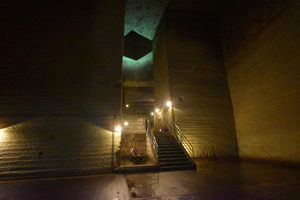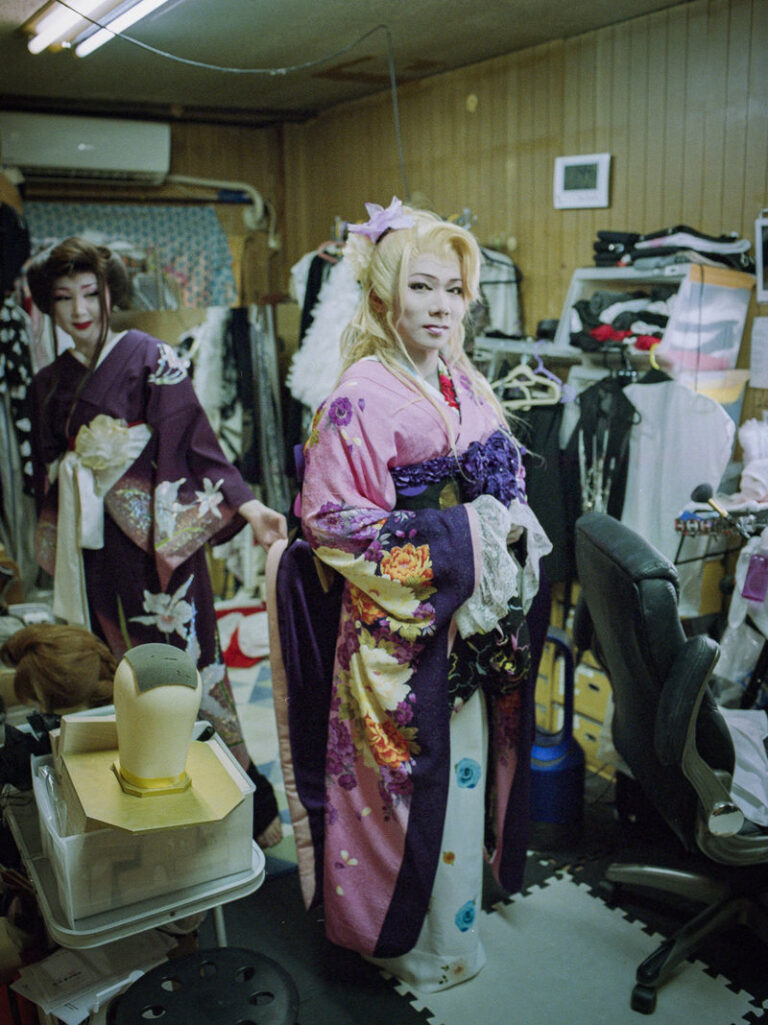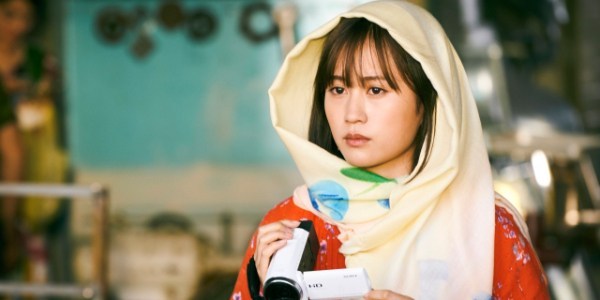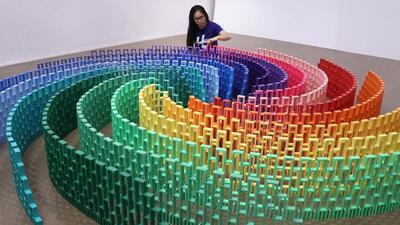Oya History Museum – Subterranean Cave in Utsunomiya, Japan

Ōya stone is an igneous green tuff renowned for its warm texture and flexibility, famously used by Frank Lloyd Wright to build the Imperial Hotel in Tokyo. It was the same material used to create the Venus of Gyoza and is a specialty of Utsunomiya City, quarried in its namesake town of Ōya.
The earliest usage of Ōya stone dates back to the 6th-century when it was used to build burial mounds and sarcophagi for local lords. The mass quarrying of Ōya stone was initiated during the mid to late Edo period, around the 17th-18th-centuries.
From 1919 to 1986, Ōya stone was quarried underground, resulting in a massive hollow space known today as the Subterranean Cave. Large enough to contain an entire baseball field, it’s quite an impressive, awe-inspiring sight. Today, this location is often used as a filming location and for concerts, weddings, and traditional Noh plays.
It’s quite cold in the Subterranean Cave, which is generally about 46.4 degrees Fahrenheit (8 degrees Celsius) on average. During World War II, the underground quarry was used as a weapon factory and then as a government storage facility for rice after the war.
In 1979, the Oya History Museum was established and the subterranean quarry finally opened to the public. The old quarry is beautifully lit in many colors, giving the so-called “underground temple” a surreal, quasi-sci-fi look from time to time. Aboveground, the museum also explains the history and geology of the area while exhibiting a variety of mining tools.
Nearby, there is a temple called Ōya-ji which is home to several Ōya stone sculptures allegedly created by the legendary monk Kūkai in 810 CE. There is also a public park about a 10-minute walk away from the temple where the Heiwa Kannon statue stands. It’s an 88-foot-tall stone sculpture of Guan Yin dedicated to those who died in the Pacific War.





